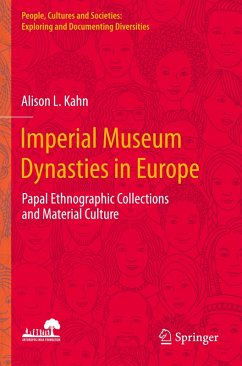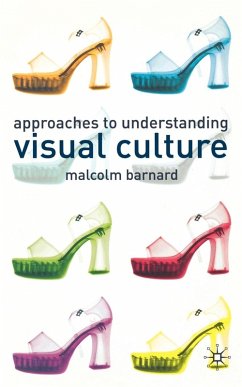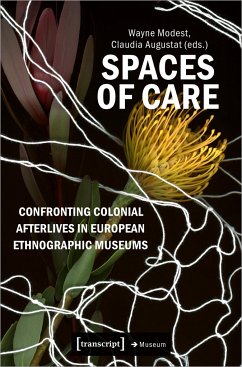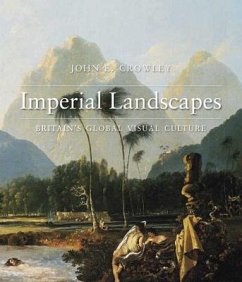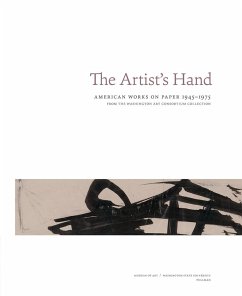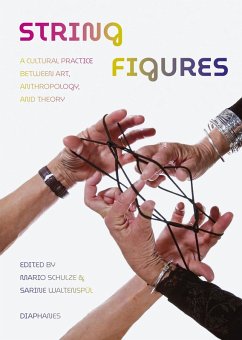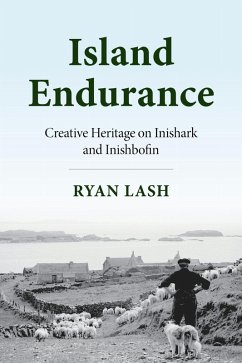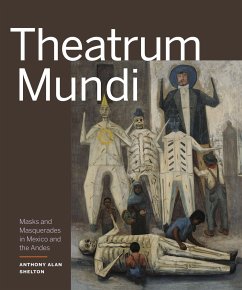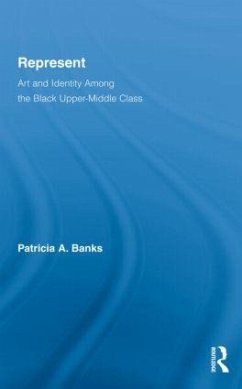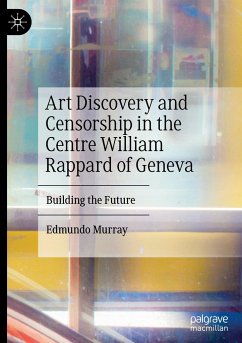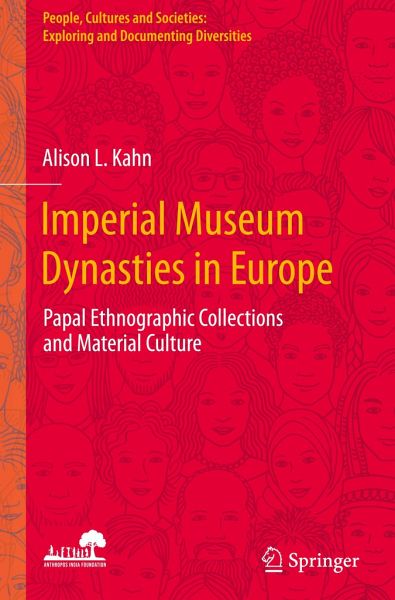
Imperial Museum Dynasties in Europe
Papal Ethnographic Collections and Material Culture
Versandkostenfrei!
Versandfertig in 6-10 Tagen
91,99 €
inkl. MwSt.
Weitere Ausgaben:

PAYBACK Punkte
46 °P sammeln!
This book reveals the history of the Vatican's ethnographic collections by exploring the imperial, scientific, technological, and religious agendas behind its collecting and curating practices in the early twentieth century. It focuses on two principal contributors: the academic, priest, and 'Pope's Curator', Father Wilhelm Schmidt, SVD, and the missionary and linguist, Father Franz Kirschbaum, SVD. Their narratives are embedded in a unique set of comparisons between the 'liberal humanist ideals' that underpinned the 1851 Great Exhibition, mid-nineteenth-century German museology, and the 1925 ...
This book reveals the history of the Vatican's ethnographic collections by exploring the imperial, scientific, technological, and religious agendas behind its collecting and curating practices in the early twentieth century. It focuses on two principal contributors: the academic, priest, and 'Pope's Curator', Father Wilhelm Schmidt, SVD, and the missionary and linguist, Father Franz Kirschbaum, SVD. Their narratives are embedded in a unique set of comparisons between the 'liberal humanist ideals' that underpinned the 1851 Great Exhibition, mid-nineteenth-century German museology, and the 1925 Pontifical Missionary Exhibition. It relates to the period of high colonialism and rampant missionary activity worldwide. It unravels the complicated political and ideological stance taken by the Catholic Church and its place within the science/religion debates of its time. Establishing an essential link between the secular and catholic practices of collecting and curating ethnographic objectsfrom non-Western traditions, the author proposes a broader framework for post-colonial approaches to scholarly studies of ethnographic collections, including those of the Catholic Church. This book appeals to students and scholars of anthropology, museum studies, history, art history, religion, politics, and cultural studies.





